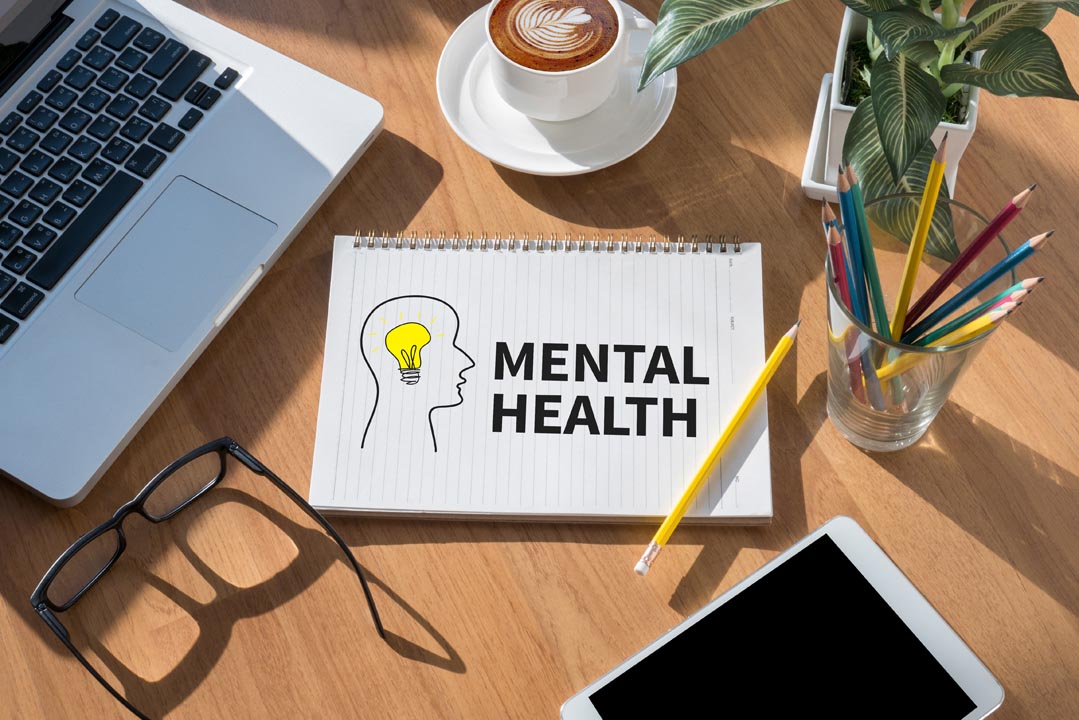Anita Guru moves through the cost of mental health challenges and focuses on how workplaces can be more open
For Mental Health Awareness Week 2024 this year’s theme is “movement”. The Mental Health UK Burnout Report 2024 found that 56% of adults reported that regular exercise helped them to manage stress. Regular exercise not only helps with symptoms of stress, but also things like improving your sleep, mood and confidence.
Exercise doesn’t mean intensive workouts, it could be a walk, yoga, cycling dancing or martial arts. The ‘feel good’ chemicals are released in your brain when you engage in exercise – including endorphins and dopamine – which can in turn help with any feelings of depression or anxiety someone might be experiencing.
Mental health visibility
The Mental Health Foundation started the initiative back in 2001 to create a focus on mental health and tackling stigma so that people felt encouraged to get support when they needed it. 23 years on and this topic has gained momentum and visibility, but there is more to be done especially when it feels like there is a mental health pandemic.
The economic and social costs of mental ill health in England reached £300 billion in 2022. This includes the economic costs (such as sickness absence and presenteeism) of £110bn – a huge hit on the economy and workplaces, but also indicative of the number of people struggling with their mental health.
The stigma of mental health challenges
People living with mental illness not only worry about stigma from others but also tend to self-stigmatise. What that means is people who are struggling with their mental health will typically judge themselves and be self-critical for not being able to function as they normally would, feel or express emotions, or connect with others. Mental illness can be incredibly lonely, the saying ‘you can be in a room full of people and still feel alone’ rings true when struggling you’re your mental health.
From personal experience, self-stigmatisation can feel so heavy, and the negative critical thoughts can add to the heavy load of emotions, when in truth, self-compassion would be so much more nurturing and support healing. We can end up in unhelpful thought patterns and catastrophise about the future and ruminate about the past – both can lead to the experience of low mood and high anxiety. When we are stuck in our own head, it doesn’t allow you to rationalise your thoughts or gain another perspective.
Creating safe spaces
This is why creating open and psychologically safe environments is so important. If you are struggling with negative thoughts, feelings or beliefs, then a performance driven workplace can feel isolating and unsafe and reinforce a negative internal voice.
Normalise talking about full spectrum of mental health by inviting senior leaders to engage in conversations and share, collaborating with speakers, reviewing HR policies or training line managers to have supportive conversations can contribute to creating a culture that supports mental illness. Having an event during Mental Health Awareness week or on World Mental Health Day is a first step, but keeping the conversation alive during the year is going to the create the movement towards normalising mental health challenges.
Always consult with a medical professional if you have any concerns or health issues related to engaging in exercise.
Anita Guru is Founder of The Mind Coach and coach, occupational psychologist and motivational speaker




